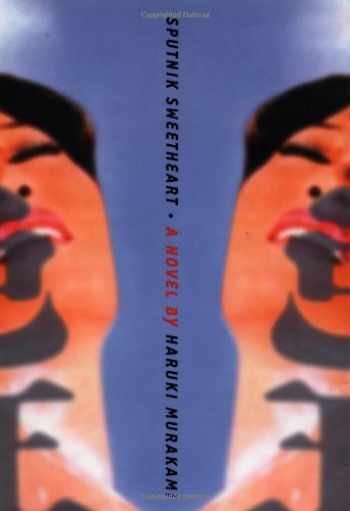


Other than this, Murakami’s writing style is very cinematic. Notable aspects of the book which I liked included Murakami’s easeful and unprejudiced description of homosexuality, considering the age it was written in. Toward the end, the book exemplifies on sentiments on loss, loneliness and unrequited love. From a story of one-sided love, into mystery, into magical surrealism. As the book progresses, the themes are constantly fluctuating.

I, personally, didn’t mind the characterisation in Sputnik Sweetheart. I specifically liked Sumire as a character although one may argue that Murakami’s often recycles his characters – an introvert who finds solace in books or music – and makes them transparent enough to make the readers relate to them fondly. Initially the story seemed to revolve around this love triangle, which I frankly wouldn’t have minded, if the story did just that. It sucked me into its world as Murakami’s literary charm often does. The narrator, Sumire’s unnamed friend who is immensely in love with her, takes us through this journey. The storyline of Sputnik Sweetheart alone sounds interesting-Sumire, a twenty two year old aspiring writer falls in love with a woman sixteen years older than her makes herself the woman’s acquaintance then one day mysteriously disappears. The common ground being my incomprehension of many parts, dissatisfaction with plot and admiration of prose. Owing to which, many of my opinions on Sputnik Sweetheart overlap with those on my first Murakami novel, After Dark, which I read not too long ago. Sputnik Sweetheart condenses the same ambiguity, enigma and open-ended aura of Murakami’s work. Reading Sputnik Sweetheart was like dreaming-it was a mosaic of confusion, bizarreness and inexplicable events.


 0 kommentar(er)
0 kommentar(er)
